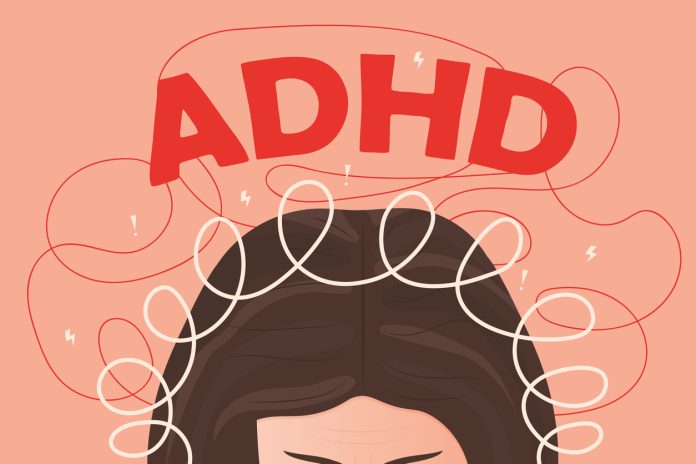October marks ADHD Awareness Month, an important time to raise awareness and provide reliable information about Attention Deficit Hyperactivity Disorder (ADHD)
This year’s theme, “Awareness is Key!”, encourages everyone to learn about ADHD and share resources to help individuals and families affected by this condition. October is dedicated to ADHD awareness, understanding and supporting people with ADHD is a year-round effort that can make a significant difference in their lives.
What is ADHD?
ADHD is a neurodevelopmental disorder that affects a person’s ability to focus, stay organised, and control impulses. It often presents in childhood, with symptoms such as restlessness, difficulty concentrating, and impulsive behaviour becoming noticeable when a child enters school.
While ADHD is typically diagnosed before the age of 12, some people may not realise they have it until later in life, many adults who were not diagnosed as children continue to experience challenges related to ADHD.
Symptoms and diagnosis
The symptoms of ADHD can vary, but common signs include trouble paying attention, hyperactivity, and acting without thinking. These symptoms can make everyday activities, such as getting ready for school, completing tasks at work, or managing relationships, more challenging.
ADHD symptoms tend to improve with age for some, but many adults continue to experience difficulties in areas like time management, focus, and impulse control. It’s important to consult a healthcare professional if you or your child show signs of ADHD.
Living with ADHD
Living with ADHD can come with some difficult challenges, but there are many ways to manage the condition. For children, a combination of educational support, parental guidance, and, in some cases, medication can help.
Adults with ADHD often benefit from medication and psychological therapies such as cognitive behavioural therapy (CBT), which helps improve focus and organisational skills.
Parents of children with ADHD may find everyday tasks, like getting ready for school or managing social situations, more difficult. Adults with ADHD may struggle with time management, following instructions, and handling stress, but with the right support, they can lead fulfilling and successful lives.
Studies show that adults with ADHD are four to five times more likely to develop Substance Use Disorders (SUDs), a risk influenced by both genetic and environmental factors. Early diagnosis and appropriate treatment of ADHD can help reduce this risk.
Raising awareness
During ADHD Awareness Month, the global ADHD community is working together to spread accurate information and reduce the stigma surrounding this condition. Whether you’re affected by ADHD or know someone who is, sharing knowledge and resources can help individuals thrive.











